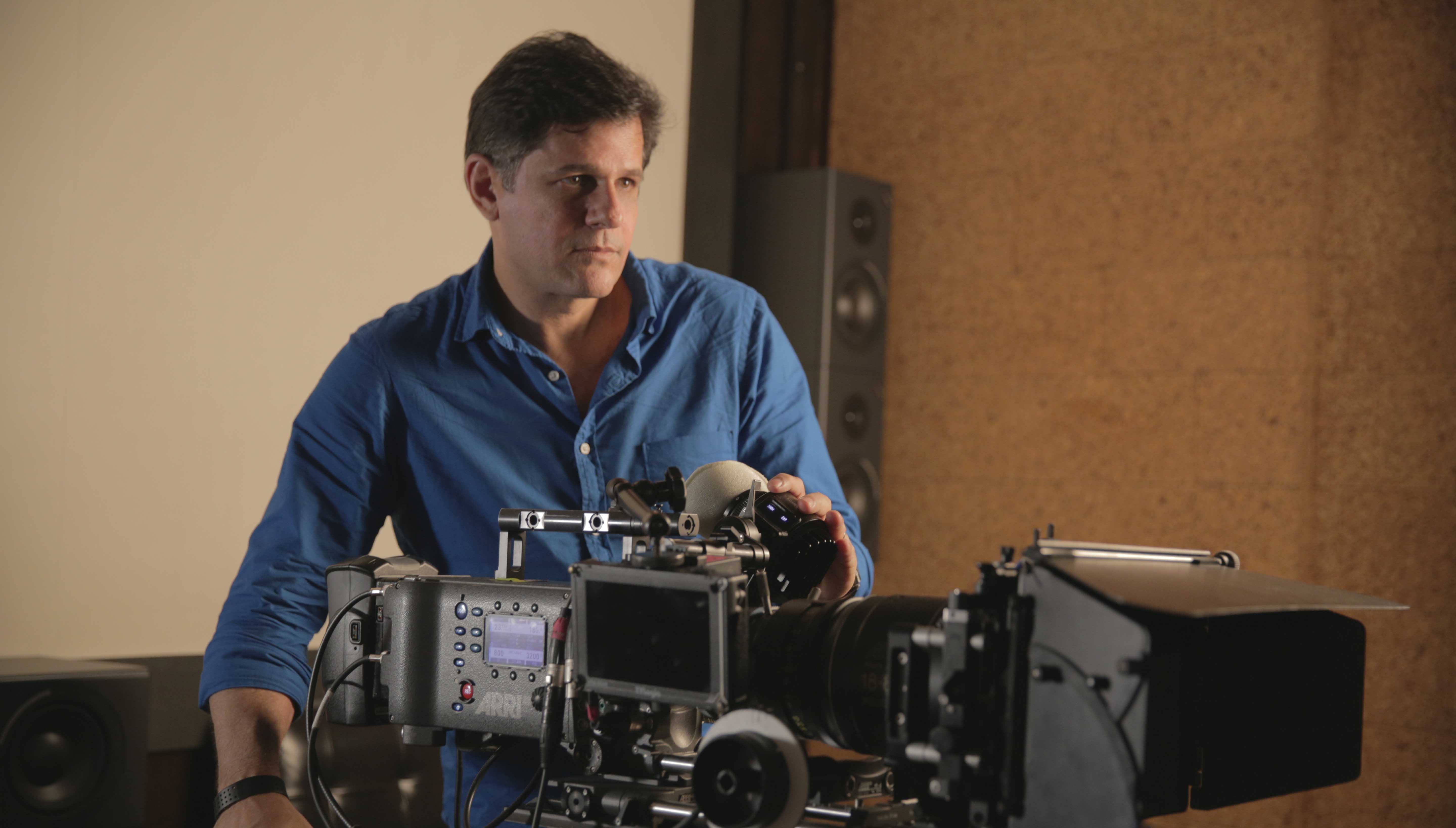Venice Doc ‘Humberto Mauro’ Screens on 80th Anniversary of Director’s Historic Visit
By Jamie Lang
LOS ANGELES (Variety.com) – 2018 marks 80 years since Humberto Mauro, arguably Brazil’s and one of Latin America’s earliest great filmmakers, was the first Brazilian filmmaker to attend an international film festival. It’s poetic then that his grandnephew, André Di Mauro, is back at that very same festival with a documentary pieced together from the elder’s complete body of work, and interviews the filmmaker had recorded with his son in the ‘60s.
Titled simply, “Humberto Mauro,” the documentary is a trip back in time to the rural countryside of Brazil, and the fledgling stages of that country’s cinematic industry. There is no narration per se, but archived interviews from the director address his career as a filmmaker, living and working in rural Brazil, and candidly speak to and about his family, past and present.
The film was produced by Di Mauro Filmes and co-produced by Canal Brazil, with backing from Energisa and support from Cinema do Brazil and Apex Brazil. Sales are handled by Lança Filmes, whose history with arthouse festival fare should come in handy.
Di Mauro talked with Variety about his great-uncle and the film he made in his name in the lead-up to its Sept 5th world premiere at Venice.
Where do you see Humberto’s influence in modern cinema?
Humberto influenced many Brazilian filmmakers from several generations and different cinematographic movements. Even if it isn’t a direct influence, it is somehow present. It’s like the root of a big tree. It is not always visible but it feeds the whole organism. Despite all the influence that Humberto Mauro had on the new cinema, I think Walter Lima Junior is the one who carries the most Humberto cinematographic DNA.
What did you learn about cinema, and your family, while working on this film?
For me, making this movie was a constant lesson in cinema, not only in terms of technique, editing, photography and language, but also how to deal with artistic creation in a general way. As for the family, it was not exactly an apprenticeship, but a waterfall of emotions. The film’s theme is a long interview that Humberto did in the 1960s, and several times during this interview he sends messages to his relatives in the future. Every time I heard one of those messages I felt strong emotions.
This is a black and white film, with many of the clips from the silent era. How did you handle sound?
The sound has a great importance in this sensorial narrative that the film proposes. We put great effort into inserting sound, and it was delicate work, with a lot of passion, that counted on the valuable participation of the talented film editor Renato Vallone. To arrive at the final result we constructed several layers of sound that interact between each other in a harmonious way, sometimes with the purpose of causing interference.
Your great-uncle worked for a long time and produced an impressive number of films. Which do you think are particularly representative? Which do you recommend for the modern public?
It is difficult to choose only 1 of his more than 300 films, so I’ll cite four that touch me the most to point out the modern public. First, “Canto da Saudade” (“Longing Song”). Besides directing, writing and producing, he also performs in a fantastic interpretation of Colonel Januário. It is a very current film that combines a highly evolved cinematic language and humor.
Second, “Braza Dormida” (“Sleeping Ember”) considered by the historian Georges Sadoul to be one of the most important Latino movies of the silent film era. Third, “Ganga Bruta” (“Ganga” means “impurities contained in the ore” and “Bruta” mean “Gross”) presents a sophistication and impressive creative freedom. And, “Velha a Fiar” (“The Old Woman Weaving”), considered one of the first Brazilian video clips inspired by a popular song. In an unusual way it speaks of life and death to tremendous success. When kids visit the House of Culture, Humberto Mauro is always the first movie we show.
What do you think modern audiences will take from your movie?
The film proposes a cinematic experience with a sensory narrative. At the same time it presents simple elements like family, crisis, overcoming, issues common to all of us. Also, in a world so massified by the culture of Blockbusters where the likes in a post can define if you are happy or not, experiencing “Humberto Mauro” can be a way to reconnect the new generations with these basic principles, not only of human nature, but also of the cinematic art.
What pushed you to make this movie, your first feature, now?
It’s an old project, in the 90’s I wrote a book about Humberto. The initial idea was to do a biographical film using actors, but it was very expensive so I decided to make a documentary, and I had this idea of telling his life through his work. Two years ago the possibility of financing from Energisa appeared, and I was able to make the film.

